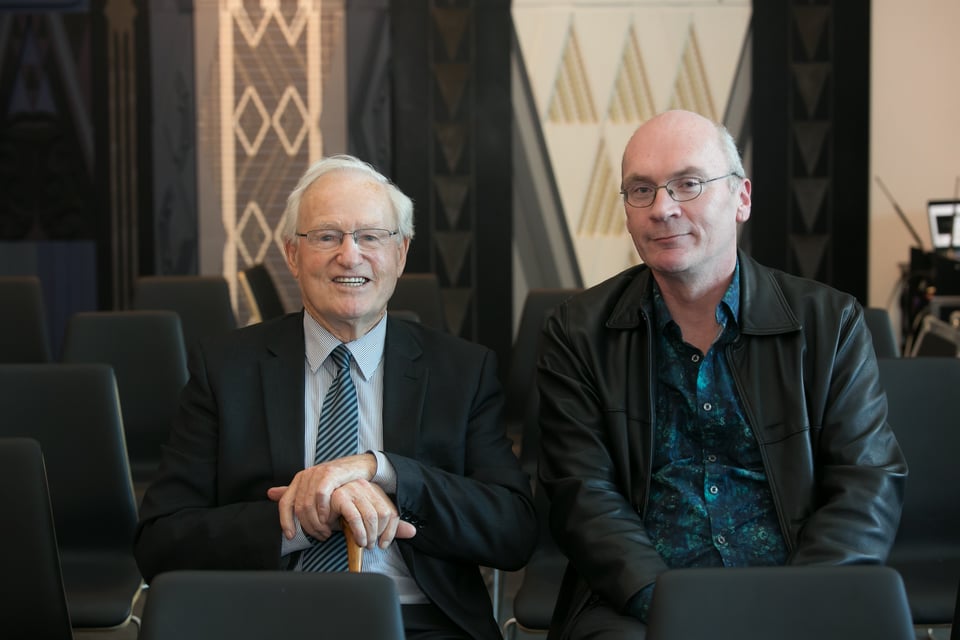'You cannot know who you are as a society unless you know your history' – Jim Bolger
Former Prime Minister Jim Bolger’s death last week sparked a wave of tributes from across the political spectrum, including warm words of remembrance from many iwi, including Waikato-Tainui and Ngāi Tahu.
It was Jim Bolger’s government (1990-1997) that negotiated settlements of historical Treaty of Waitangi claims with Waikato-Tainui in 1995 and Ngāi Tahu two years later. Challenged by members of his own Cabinet as to why a National government should be going down this path, Bolger famously responded ‘Because it is the right thing to do’.
I got to know Jim a bit later in his life and we had some good talks over the years about how his own Irish ancestry influenced and shaped his support for Treaty settlements. Ultimately, that, I believe, will be his greatest legacy. It shouldn’t be underestimated just how significant it was that the leader of a right-wing political party, historically not exactly renowned for its embrace of Māori interests and causes, initiated the modern process of Treaty settlements.
